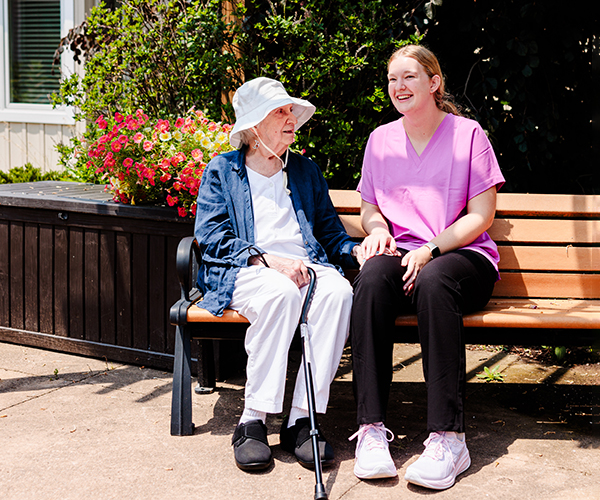The feeling you get after a good sweat fest is hard to beat. You’re happy, you have a sense of accomplishment, and that work stress that was causing you anxiety just doesn’t feel as important anymore. People tend to focus on the physical results of regular exercise, but there are plenty of ways it benefits your brain and boosts your mental health too.
“The process of exercising starts this whole cascade of different metabolic and physiological processes,” says Dr. Aaron Bonner-Jackson, a neuropsychologist at the Cleveland Clinic Lou Ruvo Center for Brain Health. “Endorphins get released, and that tends to improve mood in the short term, but also reduces anxiety, feelings of depression and general feelings of stress.”
And that’s not all. A bonus of decreased stress, combined with the physical exhaustion of exercise, is better sleep, he adds. After a workout, you feel accomplished. If you’re having a hard time focusing, getting active might even help, he says. The brain itself physically changes with regular exercise, and it can promote the growth of brain cells in the hippocampus, which can improve memory and other cognitive functions.
“We measure specific types of thinking like attention, thinking speed and ‘executive functioning,’ which is planning and multitasking,” says Bonner-Jackson. “Those types of skills also benefit from exercise, so it’s not just a general feeling of cognitive improvement, but people who exercise actually get better in those skills.” Regular exercise can even protect against age-related effects on memory and reduces the risk of cognitive decline and certain types of dementia among older adults.
You don’t need to be a hardcore marathoner clocking miles every day to reap those benefits either. While higher intensity workouts like HIIT or running will get those
endorphins flowing more, lower-impact activities like yoga, strength training and even yard work will help too. Those who work jobs that keep them physically active (construction, for example) will be getting some endorphins through work, but desk workers will want to make an extra effort to get active if they want to boost their brain health.
“It’s probably most crucial for people who don’t have an active job to really carve out that time and space to make sure they get those hours in during the week,” Bonner-Jackson says.




